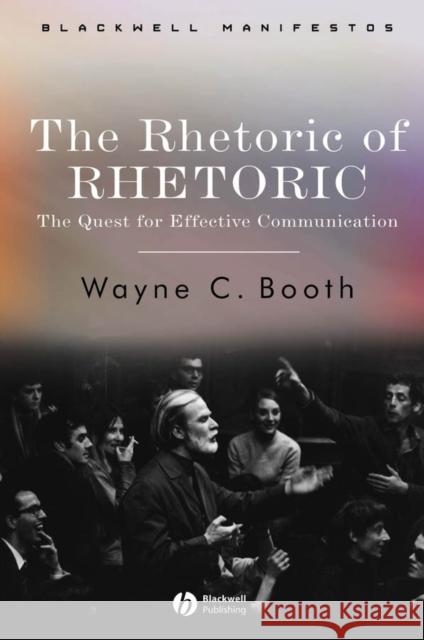Rhetoric of Rhetoric » książka
topmenu
Rhetoric of Rhetoric
ISBN-13: 9781405112376 / Angielski / Miękka / 2004 / 224 str.
In this manifesto, distinguished critic Wayne Booth claims that communication in every corner of life can be improved if we study rhetoric closely.
- Written by Wayne Booth, author of the seminal book, The Rhetoric of Fiction (1961).
- Explores the consequences of bad rhetoric in education, in politics, and in the media.
- Investigates the possibility of reducing harmful conflict by practising a rhetoric that depends on deep listening by both sides.











